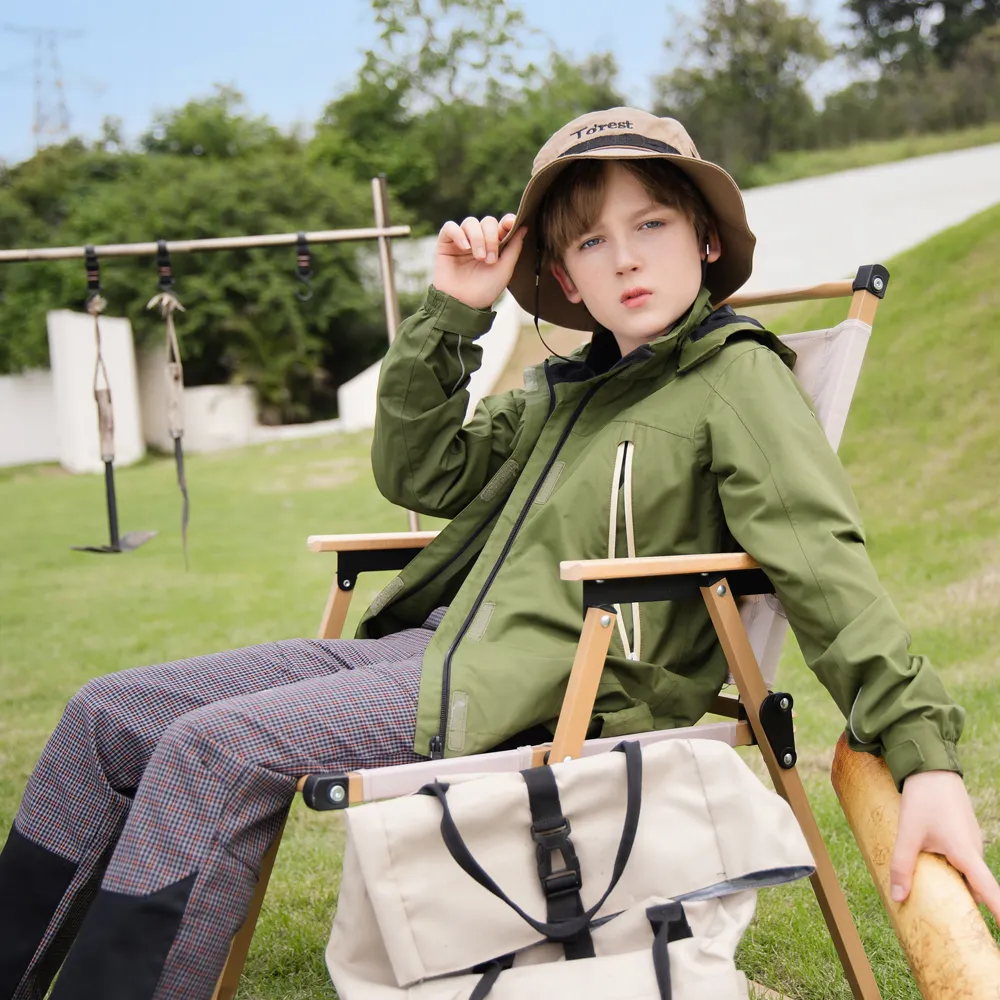

The demand for comfort-driven design is also evident in the growing popularity of midi dresses and wrap dresses. Midi dresses combine modesty with feminine charm and often feature stretchy materials that allow for ease of movement. This functionality is coupled with stylish prints and patterns that maintain a professional demeanor while injecting personality into the wardrobe. Similarly, wrap dresses, celebrated for their flattering fit, offer adjustable waists—a key feature for adaptability across various figures—while meeting both comfort and style requirements. The footwear element of workwear plays a pivotal role in balancing aesthetics with practicality. Trends are moving towards stable, low-heeled pumps and loafers, which provide the grace expected of professional attire without compromising on comfort. These shoes are available in a range of materials such as leather and suede, ensuring durability alongside elegance. The underlying technological advancements in textiles further revolutionize female workwear by incorporating sustainable practices, which appeal to the environmentally conscious professional woman. Brands that champion eco-friendly materials and production processes not only satisfy a moral imperative but also enhance their credibility within the marketplace. Organic cotton, recycled polyester, and fabrics derived from renewable resources are increasingly sought after, reflecting a shift towards an ethical approach to fashion consumption. In summary, female workwear today transcends traditional boundaries by merging style with functionality, enabling women to express individuality while conforming to professional norms. As trends evolve, the industry continues to innovate in response to the demand for sustainable, versatile, and stylish work attire, reinforcing the values of confidence and empowerment among professional women. For brands and designers, establishing a foothold in this realm requires a commitment to quality, design innovation, and a keen awareness of the diverse needs that drive women's purchasing decisions in professional attire.















